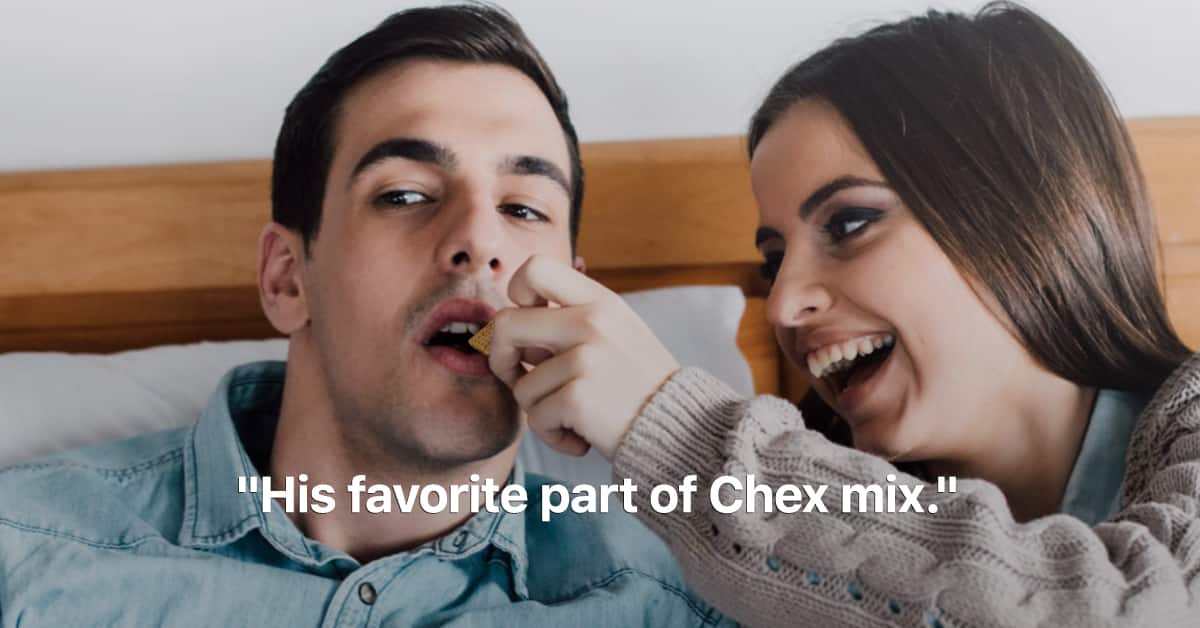The woman is used her or him on / off over the past couple age for times and you can hookups, regardless of if she rates your texts she obtains provides from the a beneficial fifty-50 proportion of indicate or gross to not suggest or disgusting. “Given that, without a doubt, they truly are hiding at the rear of the technology, best? It’s not necessary to in reality face the person,” she claims.
Probably the quotidian cruelty off application relationship exists because it is seemingly impersonal compared with creating times for the real life. “More folks relate with that it since the a volume procedure,” states Lundquist, new couples therapist. Some time info was limited, while you are suits, no less than in principle, aren’t. Lundquist mentions just what the guy calls the “classic” condition in which some body is on an excellent Tinder time, next goes to the toilet and you will foretells around three others towards the Tinder. “So there was a determination to maneuver for the easier,” according to him, “yet not always an excellent commensurate escalation in ability within generosity.”
She’s simply educated this type of weird otherwise upsetting conclusion when she’s dating thanks to software, maybe not whenever relationship individuals the woman is found for the actual-lifestyle social options
Holly Wood, which wrote this lady Harvard sociology dissertation last year with the singles’ behaviors for the adult dating sites and you may matchmaking software, read the majority of these unattractive stories too. And you may once speaking to over 100 upright-pinpointing, college-knowledgeable anyone inside the San francisco bay area regarding their feel on the dating programs, she securely thinks that when matchmaking applications don’t are present, these types of relaxed serves out of unkindness within the matchmaking might be far less prominent. But Wood’s principle is the fact men and women are meaner as they be such as for example these are generally getting together with a stranger, and you can she partly blames the quick and nice bios encouraged to your the fresh new programs.
“OkCupid,” she remembers, “invited walls of text. And that, for me, was really important. I’m one of those people who wants to feel like I have a sense of who you are before we go on a first date. Then Tinder”-which has a 400-reputation maximum to possess bios-“happened, and the shallowness in the profile was encouraged.”
A few of the men she spoke to, Timber claims, “had been claiming, ‘I am getting so much functions on dating and you will I am not saying getting any improvements.’” When she questioned things these people were creating, it told you, “I’m into the Tinder all the time everyday.”
Wood’s academic focus on relationships software was, it is worth discussing, one thing of a rarity about wide search land. One large complications of focusing on how dating applications enjoys impacted relationship behaviors, along with writing a narrative such as this one, is the fact most of these applications only have existed for 1 / 2 of a decade-scarcely long enough to own really-designed, relevant longitudinal knowledge to even end up being funded, aside from conducted.
Timber as well as learned that for some respondents (especially men respondents), applications got effortlessly changed relationship; to phrase it differently, the full time other years out of single men and women might have invested happening schedules, these types of men and women invested swiping
Naturally, perhaps the lack of  hard investigation has not yet averted relationship benefits-each other individuals who research they and those who manage a lot of it-off theorizing. Discover a famous uncertainty, instance, that Tinder or other relationships applications could make anyone pickier or way more reluctant to settle on just one monogamous mate, an idea that comedian Aziz Ansari uses loads of time on in his 2015 guide, Modern Relationship, composed into sociologist Eric Klinenberg.
hard investigation has not yet averted relationship benefits-each other individuals who research they and those who manage a lot of it-off theorizing. Discover a famous uncertainty, instance, that Tinder or other relationships applications could make anyone pickier or way more reluctant to settle on just one monogamous mate, an idea that comedian Aziz Ansari uses loads of time on in his 2015 guide, Modern Relationship, composed into sociologist Eric Klinenberg.
Eli Finkel, however, a professor of psychology at Northwestern and the author of The All-or-Nothing Marriage, rejects that notion. “Very smart people have expressed concern that having such easy access makes us commitment-phobic,” he says, “but I’m not actually that worried about it.” Research has shown that people who find a partner they’re really into quickly become less interested in alternatives, and Finkel is fond of a sentiment expressed in a great 1997 Journal regarding Identity and you will Social Psychology report on the subject: “Even if the grass is greener elsewhere, happy gardeners may not notice.”